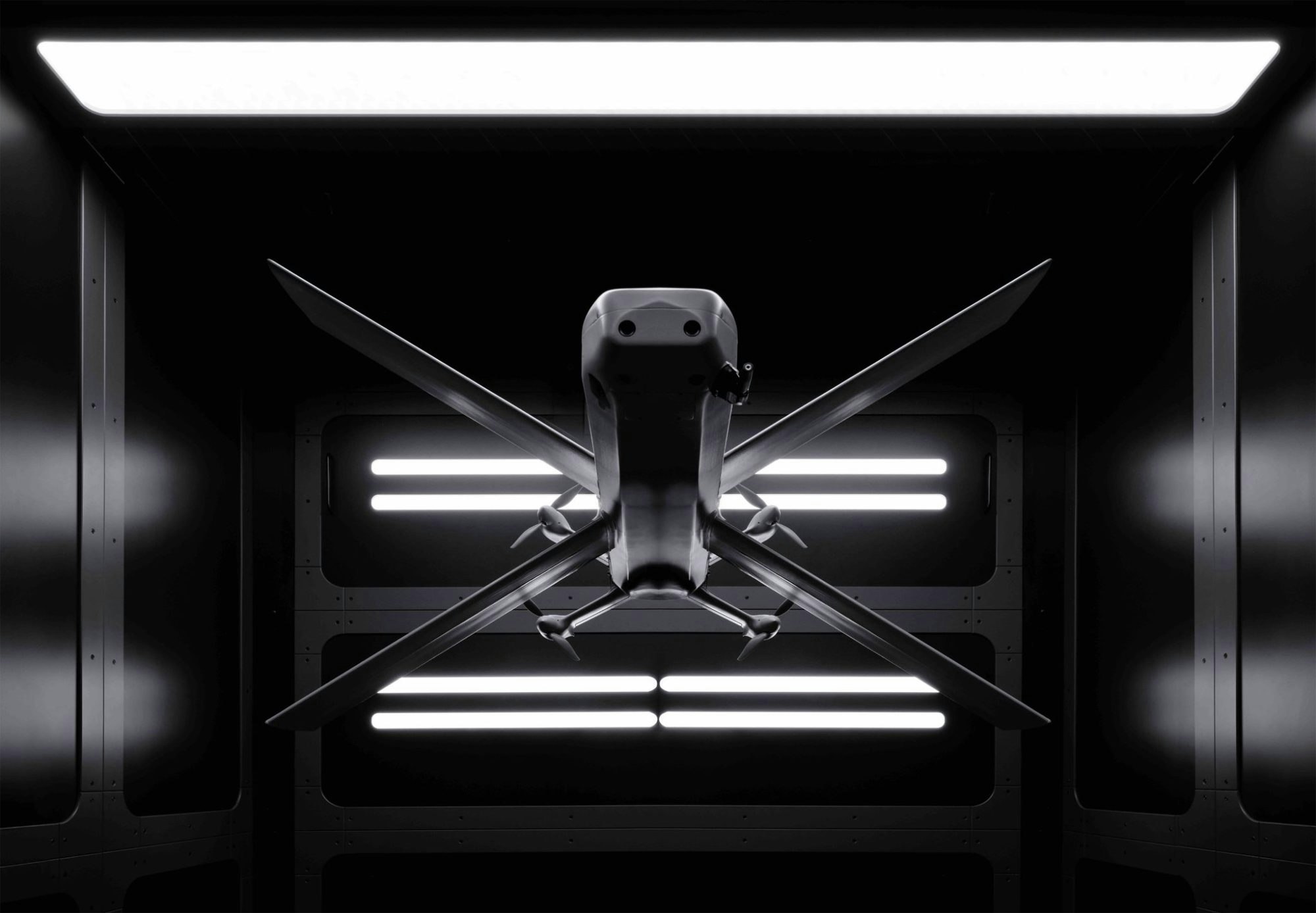Business
European Defence Technology Sees Major Growth as Funding Surges

Investment in European defence technology has experienced a significant surge in the first half of 2025, with funding reaching approximately €946.3 million. This marks a striking increase of 26% compared to the same period in 2024, positioning defence tech among the top five best-funded sectors for the first time, according to data compiled by Sifted. The total number of deals in this sector also saw a remarkable rise, climbing 54% year-on-year, with a majority—31 out of 36—being early-stage investments.
One of the standout successes in this burgeoning sector is German startup Helsing, which secured the largest funding round of the half-year with a €600 million Series C investment in June. The round was led by Daniel Ek, co-founder of Spotify, through his investment firm Prima Materia. This funding propelled Helsing’s valuation to an impressive €12 billion. The company specializes in developing AI-driven battlefield software, autonomous strike drones, and underwater surveillance systems.
Further highlighting the vibrancy of the sector, two other drone manufacturers also achieved unicorn status this year. Quantum Systems, based in Germany, and Portuguese firm Tekever both raised funding rounds in May that valued them at over €1 billion. In total, Germany attracted the bulk of defence technology funding in H1 2025, amassing €805 million. This total includes ARX Robotics, a Munich-based maker of autonomous unmanned ground systems, which raised €31 million in a Series A round in April.
Growing Investment Landscape
The landscape for defence technology investment is rapidly evolving. Jack Wang, a partner at Berlin-based venture capital firm Project A, noted that there are “more funds in defence tech than ever,” indicating a shift in investor priorities. This influx of capital is driven in part by pressure from limited partners (LPs) who are increasingly pushing for investments in defence technology. Wang suggests that the current pace of deals is improving, despite some lingering delays.
Notably, while many investors remain focused on non-lethal and dual-use technologies, there is a growing comfort with funding projects that have direct military applications. Nicholas Nelson, general partner at Estonian fund Archangel, remarked that “defence-first is becoming less contrarian.” He noted, however, that many investors still lack the conviction to fully embrace this trend.
The urgency for innovation is particularly pronounced in the Baltics, where nations like Estonia, Finland, and Poland are responding to heightened concerns about regional security due to proximity to Russia. In January, SmartCap, Estonia’s state-backed fund, announced a €100 million defence fund aimed at supporting both venture capital firms and startups, with the stipulation that they can invest in weapons technology. Concurrently, Darkstar, an Estonian coalition of founders and investors, has closed €15 million of a new €25 million fund dedicated exclusively to military applications.
Future Trends and Areas of Focus
As the defence tech sector continues to evolve, certain trends are becoming increasingly evident. Drones remain a focal point of investment, although some investors express frustration over the proliferation of similar startups. Nelson commented on the tendency of founders to chase current trends rather than anticipating future needs, noting that “there are still too many founders skating to where the puck is.” Wang estimated that roughly one in four founders his firm interacts with are developing aerial drone technologies, reflecting a strong market interest, particularly in relation to the ongoing conflict in Ukraine.
Another area of interest is interception drones designed for counter-missile operations, which Wang described as “largely unsolved despite the increase in investment.” Additionally, the intersection of space technology and defence is gaining attention, with many startups reliant on the European Space Agency (ESA) rather than direct contracts from European ministries of defence.
Investors are also looking at maritime technology to address concerns about the security of underwater communication cables, highlighting a diverse range of opportunities within the defence tech landscape. As the sector continues to mature, the coming years are likely to reveal further innovations and funding dynamics, driven by both geopolitical tensions and the increasing recognition of the importance of advanced defence capabilities across Europe.
-

 Health3 months ago
Health3 months agoNeurologist Warns Excessive Use of Supplements Can Harm Brain
-

 Health3 months ago
Health3 months agoFiona Phillips’ Husband Shares Heartfelt Update on Her Alzheimer’s Journey
-

 Science1 month ago
Science1 month agoBrian Cox Addresses Claims of Alien Probe in 3I/ATLAS Discovery
-

 Science1 month ago
Science1 month agoNASA Investigates Unusual Comet 3I/ATLAS; New Findings Emerge
-

 Science1 month ago
Science1 month agoScientists Examine 3I/ATLAS: Alien Artifact or Cosmic Oddity?
-

 Science1 month ago
Science1 month agoNASA Investigates Speedy Object 3I/ATLAS, Sparking Speculation
-

 Entertainment5 months ago
Entertainment5 months agoKerry Katona Discusses Future Baby Plans and Brian McFadden’s Wedding
-

 Entertainment4 months ago
Entertainment4 months agoEmmerdale Faces Tension as Dylan and April’s Lives Hang in the Balance
-

 World3 months ago
World3 months agoCole Palmer’s Cryptic Message to Kobbie Mainoo Following Loan Talks
-

 Science1 month ago
Science1 month agoNASA Scientists Explore Origins of 3I/ATLAS, a Fast-Moving Visitor
-

 Entertainment2 months ago
Entertainment2 months agoLewis Cope Addresses Accusations of Dance Training Advantage
-

 Entertainment3 months ago
Entertainment3 months agoMajor Cast Changes at Coronation Street: Exits and Returns in 2025









